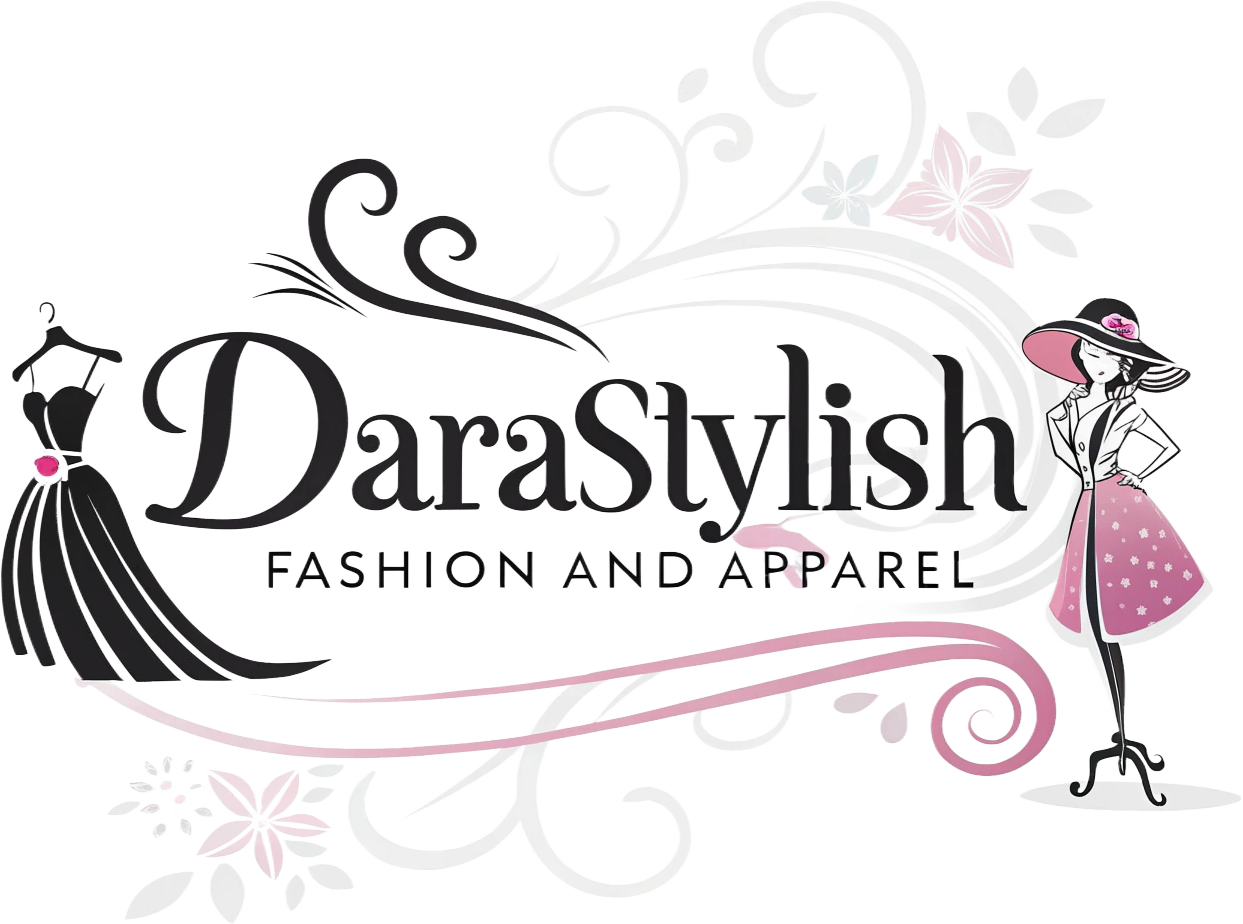Fashion is more than just a means of covering our bodies; it is an art form that can profoundly affect our mindset, confidence, and even productivity. Have you ever noticed how slipping into a tailored suit can instantly make you feel like a million bucks? Or how a casual, comfortable outfit can shift your entire perspective for the day? This article explores the psychological impacts of fashion, the power of personal style, and how you can harness your wardrobe to boost your confidence and productivity.
First and foremost, let’s talk about the psychology behind clothing choices. Research suggests that what we wear can significantly influence our mental state and behavior. This phenomenon, often referred to as ‘enclothed cognition,’ posits that the clothing we don influences our thoughts and actions. For instance, wearing formal attire can make you feel more authoritative and capable, while casual wear might foster a more relaxed mindset. Understanding this relationship can empower you to make more intentional choices about what you wear.
Consider this: your wardrobe is not merely a collection of clothes; it is a reflection of who you are and who you aspire to be. When you curate your closet with intention, you can create an arsenal of outfits that resonate with your goals and aspirations. For instance, if you’re aiming for a promotion at work, investing in a few key pieces—such as a classic blazer or a well-fitted pair of trousers—can boost your confidence in meetings and interviews.
But fashion does not have to break the bank to be effective. The beauty of personal style lies in creativity and resourcefulness. Thrift shopping has gained immense popularity as individuals look for unique, budget-friendly pieces that stand out. Imagine walking into a party wearing a vintage dress or a quirky jacket that nobody else has. Not only do you save money, but you also express your individuality. Pair that with a few DIY embellishments, and you have a one-of-a-kind outfit that speaks volumes about your creativity and personality.
Moreover, let’s not forget the environmental impact of our clothing choices. As sustainability becomes a buzzword in the fashion industry, many are shifting towards eco-friendly options. Brands are emerging that focus on ethical production and sustainable materials, allowing you to dress well while being mindful of the planet. Choosing clothing made from organic cotton, bamboo, or recycled materials can significantly reduce your carbon footprint. You can also support local artisans or participate in clothing swaps with friends, ensuring that your fashion choices are as kind to the Earth as they are stylish.
As we explore the connection between fashion and productivity, it’s essential to note how your outfit can affect your day-to-day life. Wearing clothes that make you feel comfortable yet stylish can elevate your mood and boost your productivity. Have you ever noticed how you feel more focused and energized when you wear something that makes you feel good? This can be particularly impactful in work settings. A well-chosen outfit can not only enhance your confidence but also inspire others around you, creating a ripple effect of positivity and motivation.
Let’s take it a step further. If you’re working from home, the temptation to stay in your pajamas can be overwhelming. However, changing into a comfortable yet stylish outfit can signal to your brain that it’s time to shift gears and focus. Establishing a ‘work outfit’ can help you mentally transition into your work mode, even if you’re just a few steps away from your bed. Productivity hacks like this can significantly enhance your work-from-home experience, leading to increased focus and efficiency.
In conclusion, fashion is an incredibly powerful tool that can transform not only how we look but also how we feel and perform. By understanding the psychological impacts of our clothing choices, embracing budget-friendly options, exploring eco-friendly alternatives, and using our wardrobe as a tool for productivity, we can create a personal style that reflects our best selves. So next time you reach for an outfit, consider the impact it might have—not just on your appearance, but on your mindset and daily life. Dress not just for the occasion, but for the person you want to be.

